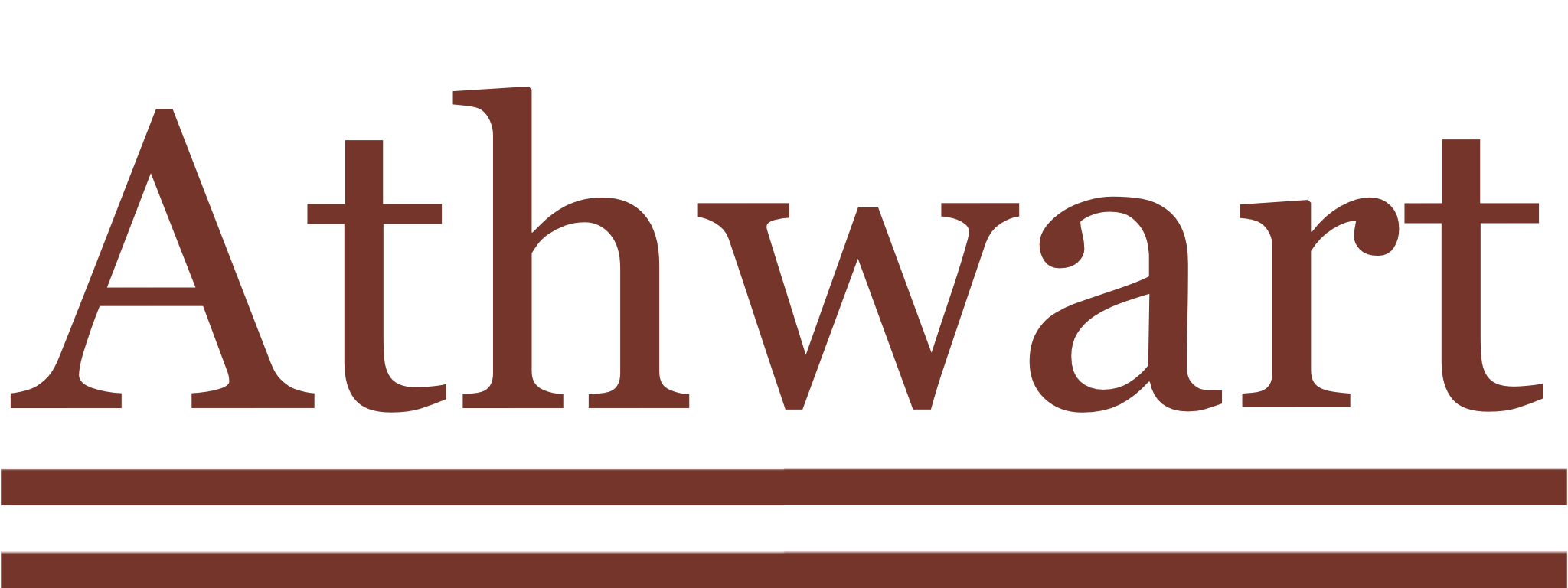Toward a Just Political Economy

With this symposium, we present many divergent views of how to develop a just political economy. Rather than a set of policy proposals, this collection provides a holistic vision of political economy through a diversity of views that overlap, conflict, and take radically different approaches to the theme. One aspect of this will be methodological, with different historical, theological, and financial approaches to economic problems. We also aim to highlight the wisdom of religious traditions as applied to questions of economics and justice—a source that is insufficiently consulted in political economy.
Content
- Bradley M. Davis, "Political Economy: To What End?"
- Ahmed al-Dakhil, "Building an Alliance Sacrée: An Abrahamic Framework for a Just Political Economy"
- Elijah del Medigo, "Noted on Judaic Political Economy"
- Joseph Paul Barnas, "Economic Solidarism: A Political Economy for the Family"
- Jonathan Culbreath, "Platonic Marxism: Reconciling Progress & Tradition"
- Chase Padusniak, "Quis habeat cudere monetam?"
- Jason Peirce, "The Past & Future of Liberty: Hayek, Rawls, and Nozick"
- Benjamin V. Miller, "In Defense of Economic Inefficiency"
- Leo Thuman, "Christian Labor"
- Elena Attfield, "A Treaty without Rome: Christendom & the European Union"
- Ryan Peterson, "Doing Equality in America"
- William Lombardo, "A Clearing in the Marketplace"
Editor's Note
Athwart was reestablished at the onset of the pandemic. At a moment where we were no longer able to discuss our passions and chase our curiosities with friends after class, at a bar, or in any other physical forum. As many others, we sought to imitate these interactions online and in written form. We set out to publish the oddball, but nonetheless fascinating, ideas that one usually only finds in conversation with close friends. Limited in scope but endless in vision, our project spread by word-of-mouth—more aptly, via Tweet. With the support of readers, we started to grow and were able to publish some of our favorite writers, thinkers, and academics, providing an outlet with the flexibility necessary for the types of conversation that the pandemic limited.
The pandemic also provided the impetus for this collection of essays. As young writers, graduate students, and recent graduates, the opportunities and communities we sought vanished almost overnight. Uncertain job prospects brought economic concerns to the forefront of our minds. The chaos of electoral politics surfaced the frailty of trusted institutions. The severing of social ties and, for some, return to childhood homes, revealed how tenuous many of our communal bonds are and reminded us where the core—and purpose—of political life lies.
Athwart is certainly not the only project that seeks to address the stresses on this bifocal vision of community. Indeed, it has been exciting and reassuring to see a wellspring of new publications, blogs, think tanks, and more emerge over the course of the pandemic. However, Athwart is unique. While I expect there will be worthwhile shifts in perspective and development of new ideas from the various postliberal, realignment, and the other novel trends, Athwart does not seek to produce a slate of policies or a narrow critique of institutions or philosophy. Rather than being partisan, ideologically-minded, or thymotic, this endeavor is fundamentally philosophic. That is not to say that I am a philosopher or an expert in the topic. There are a few individuals who have written for Athwart for whom philosopher might be an apt title, but I doubt anyone involved with Athwart would consider themselves as such. Instead, what I mean by philosophic is that Athwart is driven above all by curiosity, wonder, and amazement. Rather than toting a bouquet of beliefs or seeking to influence discourse per se, Athwart aims to build a community that wants to discover and appreciate the world in which we live. Trying to build a world that allows for such joyful, collegial contemplation is inseparable from living this expansive vision of the good life. This is what I desire in working, in line with Athwart’s mission, “toward a new theory of culture and society.”
So, dear reader, as friends discussing our passions and chasing our curiosities, I present Athwart’s inaugural symposium: Toward a Just Political Economy.





